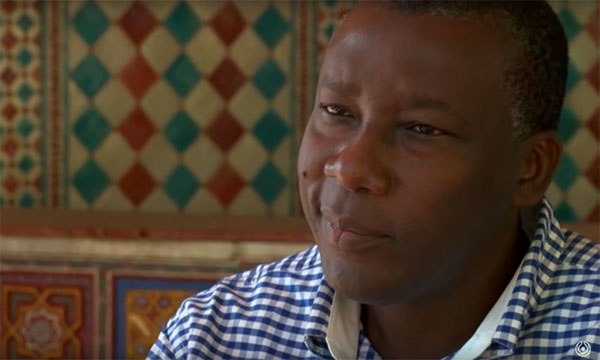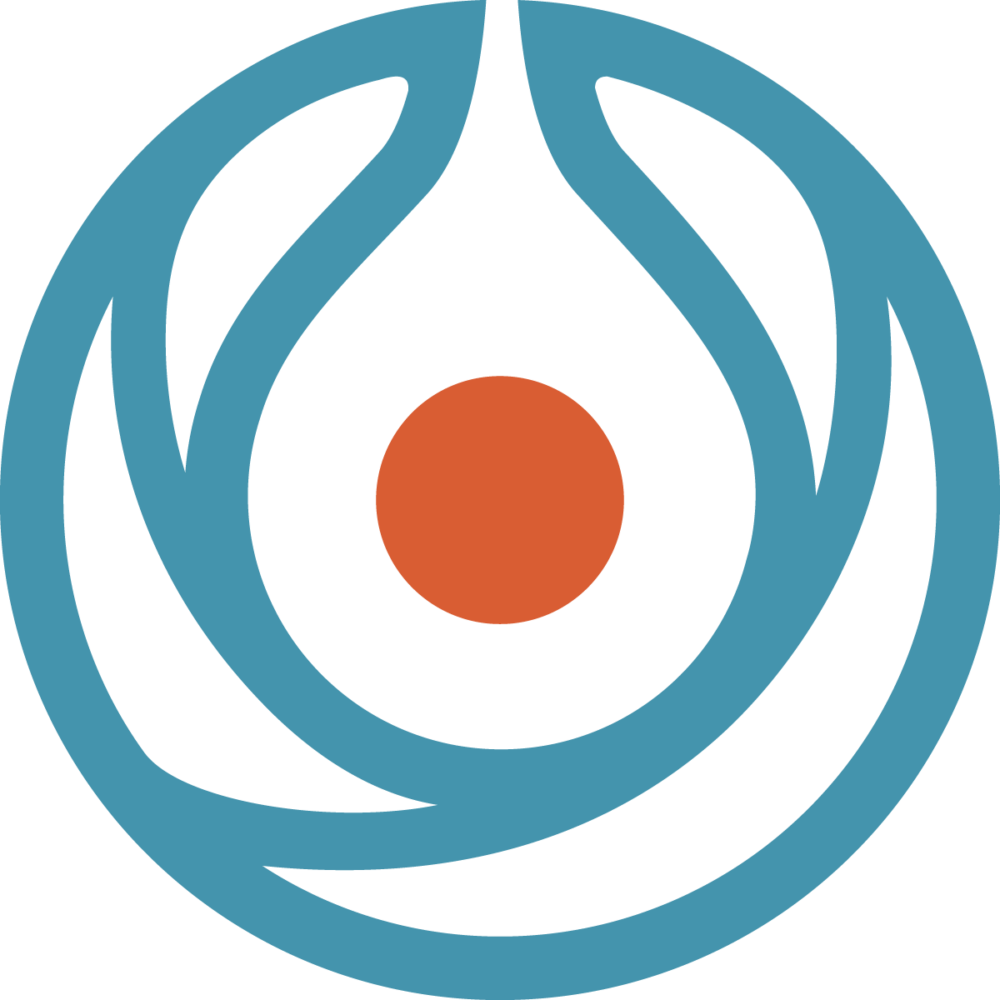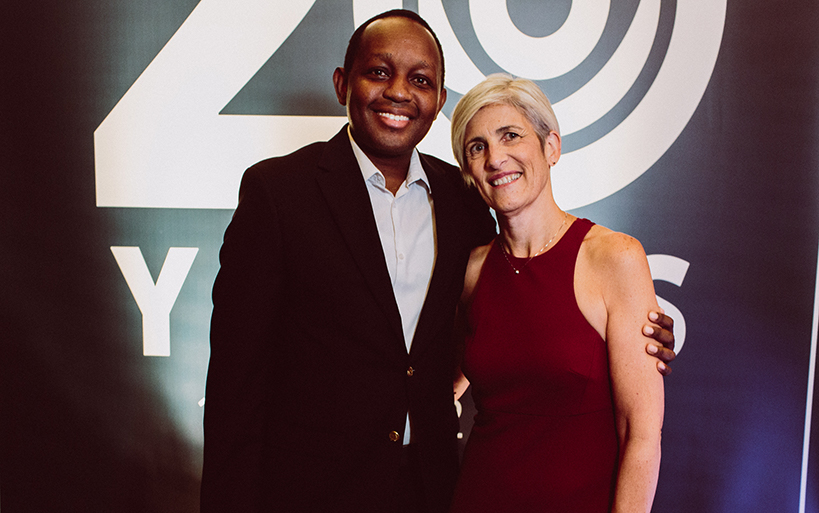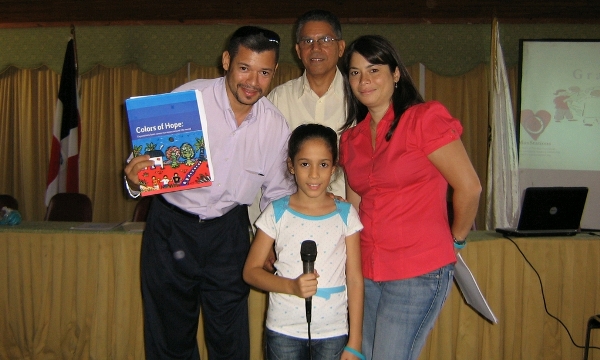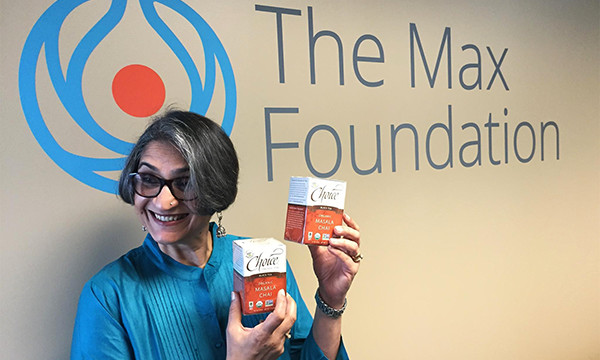Reflections Following the Loss of a Beloved Cancer Advocate
The passing of our dear friend, advocate and colleague Ferdinand, has shaken the close-knit global chronic myeloid leukemia (CML) community. CML, a rare form of leukemia that used to be fatal, now is treated with innovative targeted therapies commonly referred to as TKIs. There has been unprecedented global access to these TKIs and this has fostered the development of one of the strongest global patient communities for a rare cancer. Ferdinand, from Nairobi, Kenya, was a loved member of this community.
